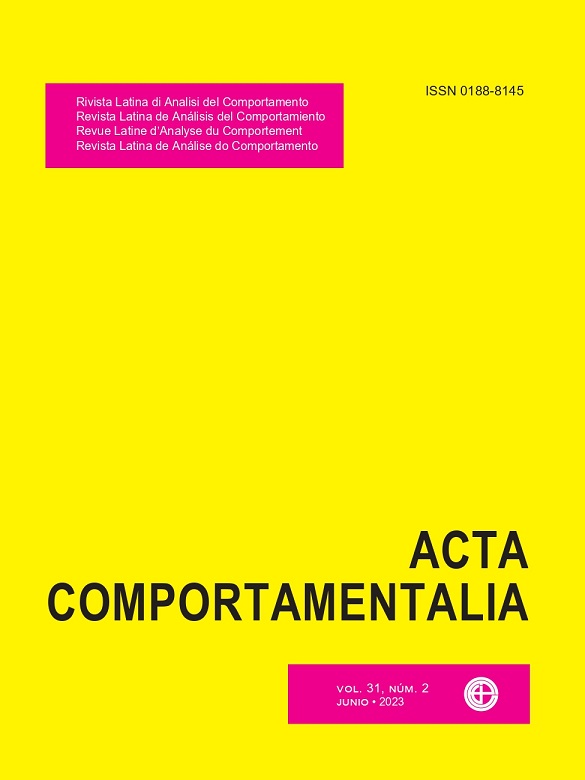Homoparenthood and sensibility at school: a look at diversity
DOI:
https://doi.org/10.32870/ac.v31i2.85837Keywords:
sensitivity, homoparenthood, heteronormativity, school, behaviorAbstract
This theoretic proposal aims to build a reflection based on the discussion of behavior, sensitivity, and their relationship with the world through José Antônio Damásio Abib’s contribution in his book “Comportamento e sensibilidade: Vida, prazer e ética”. This discussion also aims to associate with issues related to homoparenthood and diversity in the school environment. Nowadays, family is understood as a design demarcated by a traditional and heteronormative structure of society, which is against the proposals of education for diversity. In this direction, we propose a reflection on a human development project, in which a sensitivity education should promote education for otherness that can make the individual capable of understanding other worlds beyond his own. This education would also form the individual as a creative individual that expands his or her horizons, and not only reproduces the past. Therefore, our reflections point to a possibility that sensitivity is in a proposal towards different social demands, especially at school. Bringing a discussion about sensitivity education within the school and with a focus on homoparenthood and diversity is still a challenge that many educators face. Sometimes the reason is confronting the behavioral parameters imposed by society. Or may be the lack of knowledge in approaching this issue, seen as a social taboo. Or because of the Ministry of Education’s unpretentiousness in encouraging such a discussion, based on national guiding documents. The scarcity of information on issues related to sexuality is realized when looking at Brazilian guiding documents, such as the Base Nacional Comum Curricular, the Referencial Curricular Nacional para a Educação Infantil, as well as the Parâmetros Curriculares Nacionais On the one hand, the contents are only about the mechanisms of reproduction in a binary way, contraceptive methods and sexually transmitted diseases. On the other hand, students remain not reflecting on sexual diversity. In this scenario, it is important to highlight the relevance of bringing the theme of homoparenthood and school in evidence in the plural sense of the term, as well as contextualizing its applicability. Heterossexual and homoparental families are part of Brazilian society and need to be legitimized by the school. Here, we discuss how school may become a place where a sensitivity education occurs in a liberating way. In this theoretical proposal we also highlight the two types of sensitivities presented by Abib, which make up the nature of the human being. The two sensitivities are related to the behavior of organisms in a more vital, survival way, and by reinforcers. As a result, the strengthening or weakening of the behavior may occur for different reasons, depending on the sensitivity of the organism itself. Behaviors such as homophobic bullying towards children from homoparental families should be extinguished, based on information and cultural modification. In other words, the society need new cultural practices to evolve, especially with conditions to extinguish practices that are dangerous or fatal for human beings. Finally, with the sensitivity education with its genesis in school, it is possible to build a more humanized society for everyone.
Downloads
Downloads
Published
How to Cite
Issue
Section
License

<a rel="license" href="http://creativecommons.org/licenses/by-nc-sa/4.0/"><img alt="Licencia de Creative Commons" style="border-width:0" src="https://i.creativecommons.org/l/by-nc-sa/4.0/88x31.png" /></a><br />Este obra está bajo una <a rel="license" href="http://creativecommons.org/licenses/by-nc-sa/4.0/">licencia de Creative Commons Reconocimiento-NoComercial-CompartirIgual 4.0 Internacional</a>.






